Transform your plate and your well-being by adding these ten nutrient-dense vegetables. Each one delivers a unique blend of vitamins, minerals, fiber, and antioxidants to fortify your immune system, protect against chronic illness, and keep you energized. Embrace a rainbow of produce every day for lasting health benefits.
1. Spinach: The Iron & Calcium Dynamo
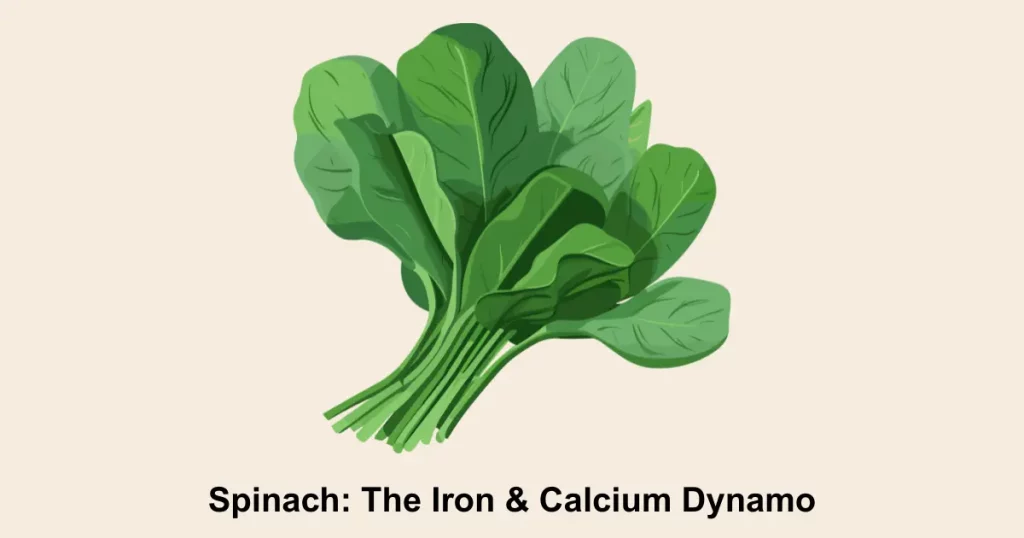
Spinach shines with abundant iron for oxygen transport and calcium paired with vitamin K to strengthen bones. Loaded with lutein and zeaxanthin, it shields your eyes from blue light damage. Enjoy it raw in salads, stirred into smoothies, or wilted into omelets for an effortless nutrient boost.
2. Kale: The Vitamin C Champion
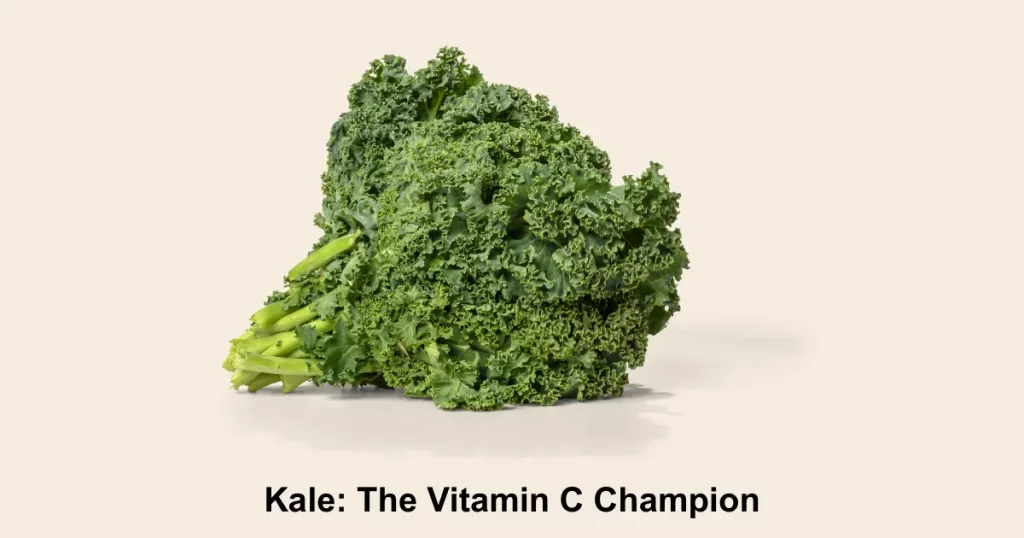
With more vitamin C per 100 g than an orange, kale powers up your immune defenses and delivers bone-supporting vitamin K. Its fiber aids digestion, while quercetin and kaempferol fight cellular stress. Massage shredded kale with olive oil and lemon juice, then toss into salads or bake into crispy chips.
3. Broccoli: The Cruciferous Protector
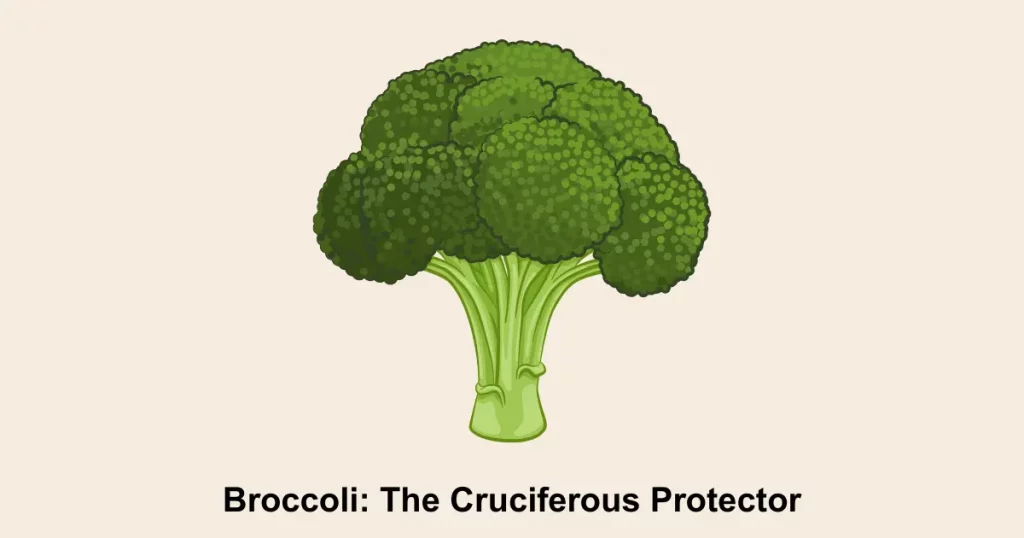
Broccoli’s sulforaphane and glucosinolates have been linked to reduced cancer risk. Paired with vitamin C, vitamin K, and fiber, it supports immunity and bone health. Steam until tender-crisp or roast with a drizzle of sesame oil and pepper to maximize flavor and nutrients.
4. Carrots: The Vision & Vitality Veggie
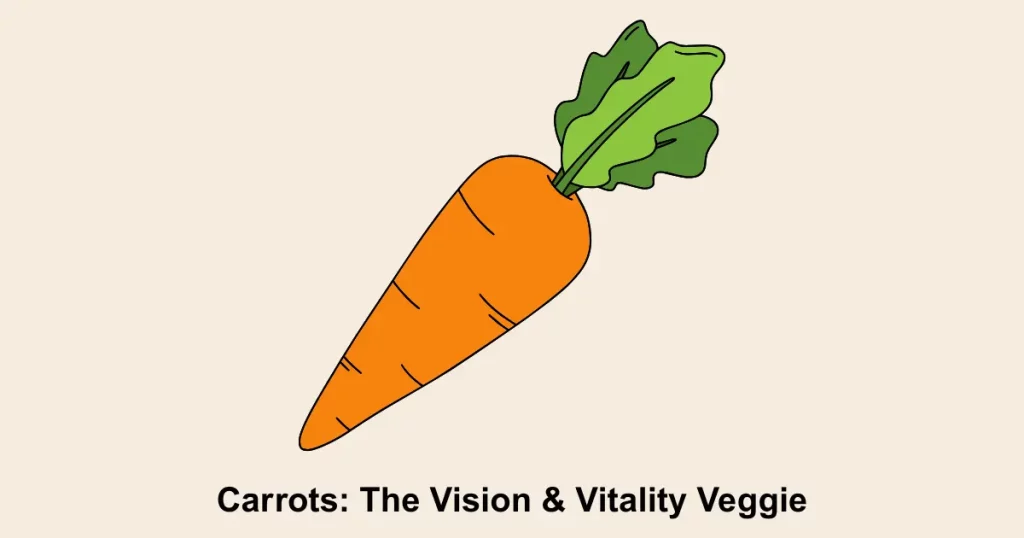
Renowned for beta-carotene (precursor to vitamin A), carrots nourish your eyes, skin, and immune system. Their fiber and potassium also support heart health. Snack on raw sticks with hummus, grate them into slaws, or roast them with herbs for a sweet, savory side.
5. Bell Peppers: The Colorful Antioxidant Source
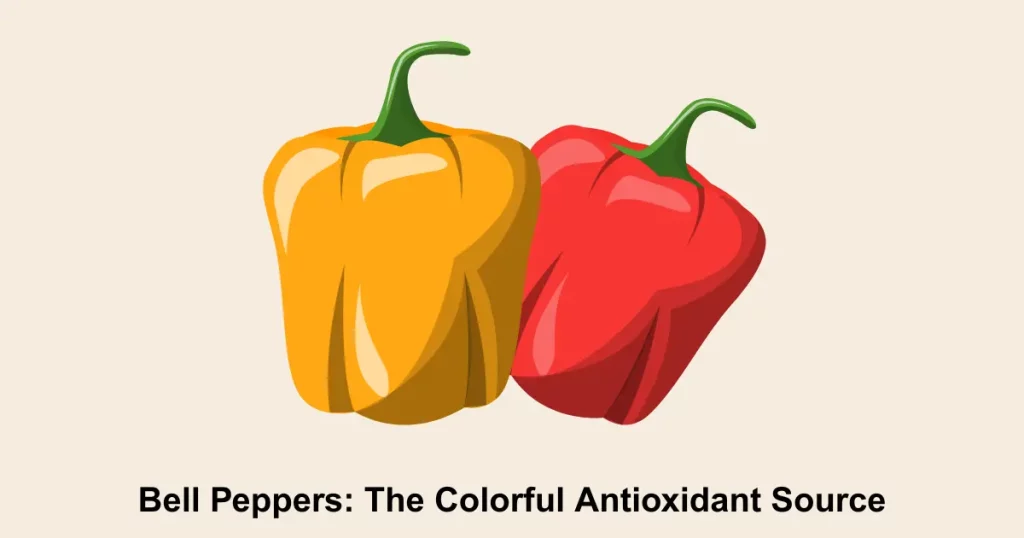
Red bell peppers deliver over 190 mg of vitamin C per cup plus vitamin B6 and folate. Their vibrant carotenoids act as powerful antioxidants. Slice them raw for salads, sauté them in stir-fries, or roast and stuff them for a colorful, nutrient-dense meal.
6. Sweet Potatoes: The Slow-Burning Energy Boost

Complex carbohydrates in sweet potatoes provide sustained energy, while beta-carotene and anthocyanins support eye health and cellular repair. Roast them with cumin, mash with cinnamon, or bake into fries for a versatile, nutrient-packed side.
7. Tomatoes: The Heart-Healthy Red Gem
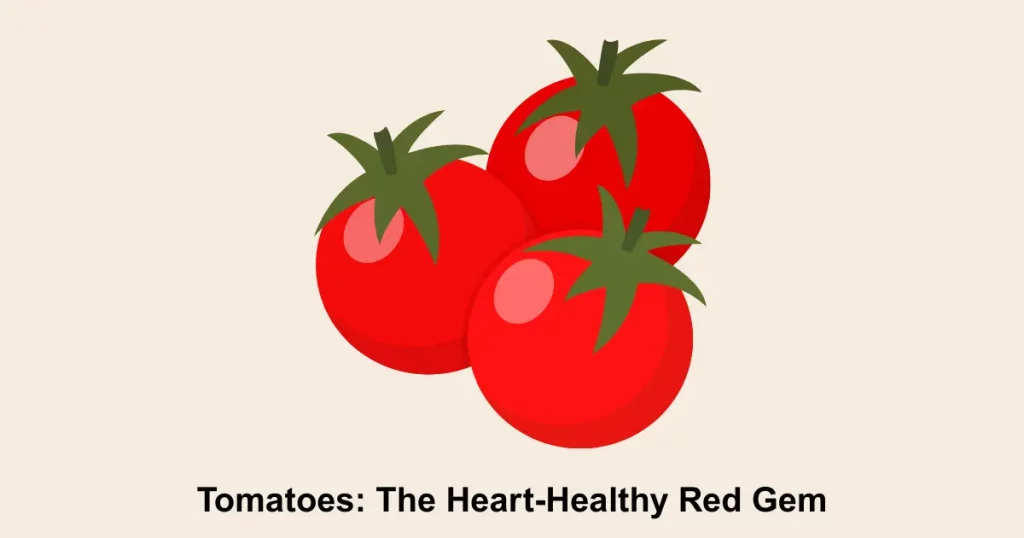
Rich in lycopene, vitamin C, and potassium, tomatoes help lower cholesterol and protect cardiovascular health. Enjoy them fresh in salads, slow-cook them into sauces, or roast to intensify sweetness. Cherry tomatoes make an ideal on-the-go snack.
8. Garlic: The Flavorful Cardiovascular Ally
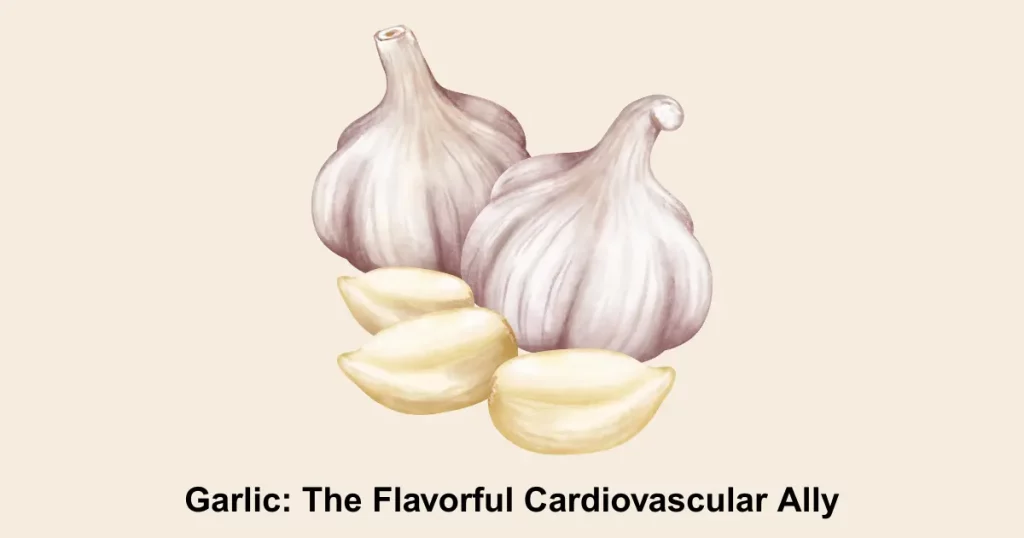
Allicin in garlic exhibits antimicrobial effects and supports healthy cholesterol and blood pressure levels. Mince into dressings, stir into soups, or roast whole cloves to mellow the pungency and enhance sweetness.
9. Onions: The Layered Wellness Contributor
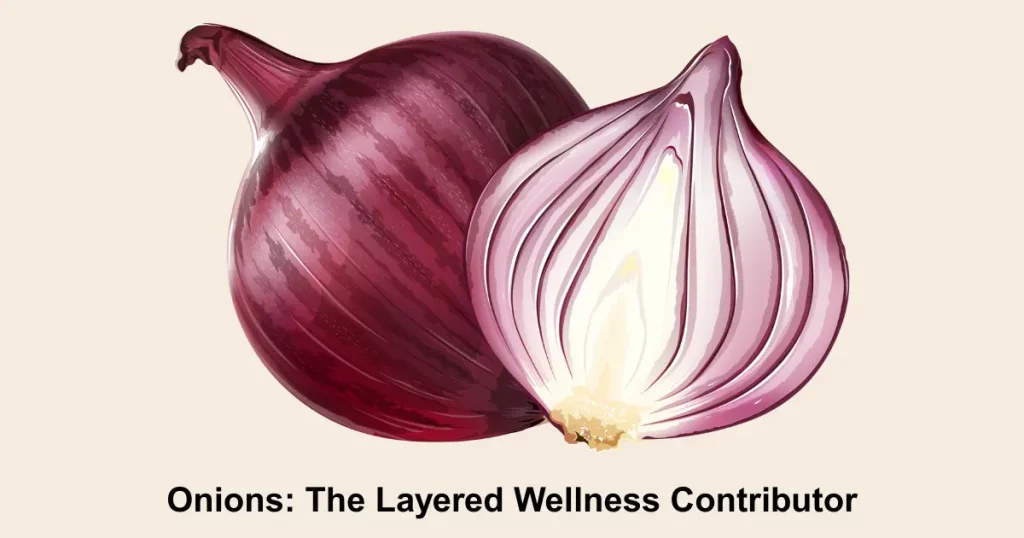
Onions offer sulfur compounds and quercetin that combat inflammation and may lower disease risk. Their soluble fiber nourishes gut bacteria. Use them raw for crunch in salads, caramelize for sandwiches and bowls, or sauté as a flavorful soup base.
10. Beets: The Earthy Heart Supporter
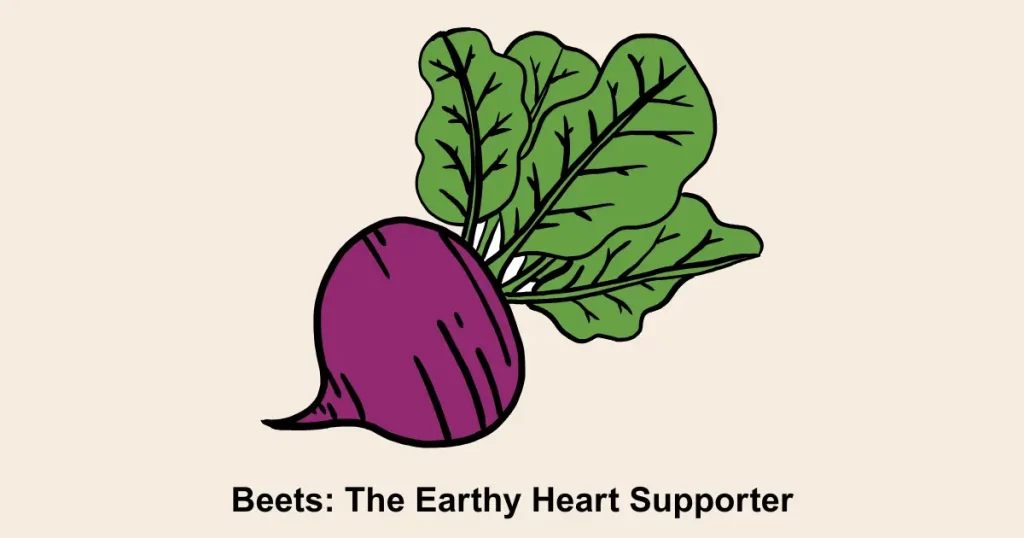
High in betalains, folate, and nitrates, beets promote blood flow and cardiovascular wellness. Roast cubes for salads, blend into smoothies, or grate raw for vibrant slaws and hummus dips.
Read More: Best Superfoods to Boost Your Weight Loss Journey , Cut Processed Foods in Daily Diet with These 10 Healthy Substitutes to Lower Cancer Risk, 7 Healthy Recipes to Boost Your Holistic Wellness Routine
FAQs
Q1: How many servings of vegetables should I eat each day?
Aim for at least five servings (about 400–500 g) daily to meet nutrient needs, support digestion, and reduce chronic disease risk.
Q2: Are raw or cooked vegetables more nutritious?
Raw veggies often retain water-soluble vitamins like C and B, while cooking can enhance bioavailability of compounds such as lycopene in tomatoes. Combining raw and cooked forms yields the best of both.
Q3: What cooking methods preserve the most nutrients?
Steaming and quick sautéing minimize nutrient loss. Avoid prolonged boiling, which can leach water-soluble vitamins.
Q4: How can I add more vegetables into a busy routine?
Prep in advance: wash and chop for easy salads, roast a tray of mixed veggies for grab-and-go sides, and keep pre-cut options in the fridge for snacks and stir-fries.
Q5: Which vegetables support heart health specifically?
Beets (nitrates that lower blood pressure), kale (HDL boost and LDL reduction), and tomatoes (lycopene that improves lipid profiles).
Q6: Can fermented vegetables improve gut health?
Yes. Kimchi, sauerkraut, and pickles introduce probiotics that nourish beneficial gut bacteria, supporting digestion and immunity.
Q7: Do organic vegetables offer more nutrients than conventional ones?
Nutrient content varies more by soil quality and freshness than by organic certification. Focus on variety, seasonality, and overall intake.
Make these ten vegetables staples in your kitchen to naturally enhance immunity, support heart and digestive health, and infuse sustained energy into your day. Small changes like swapping rice for cauliflower rice or blending spinach into your morning smoothie can yield big health dividends. Start experimenting with flavors, colors, and cooking techniques to discover how vibrant eating can transform your well-being.

